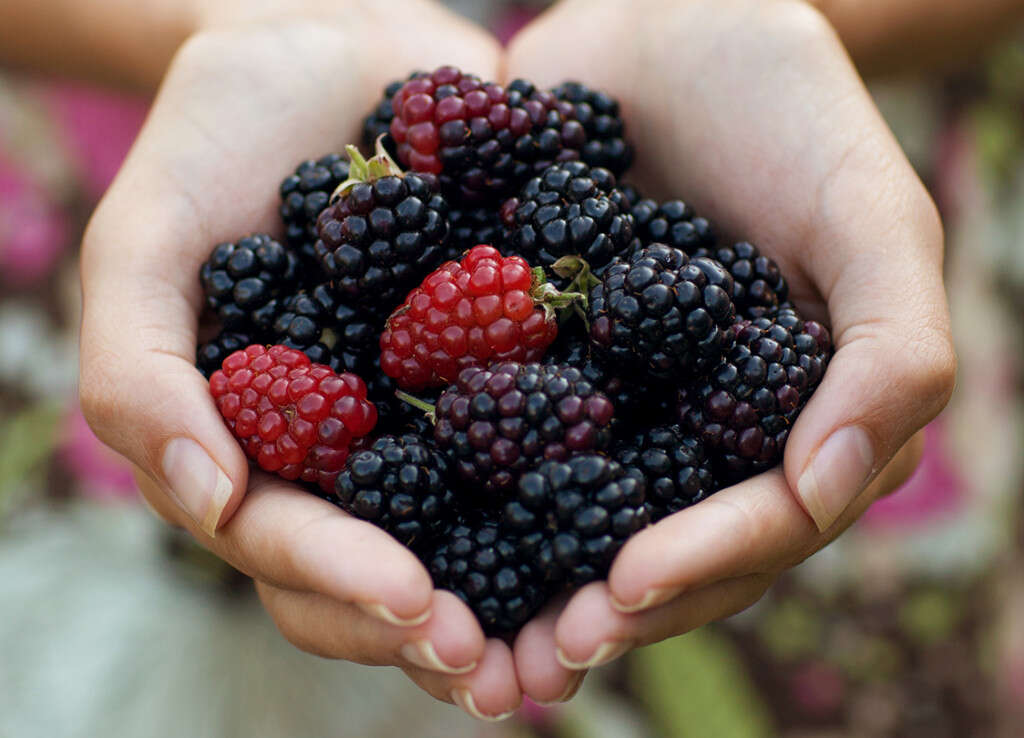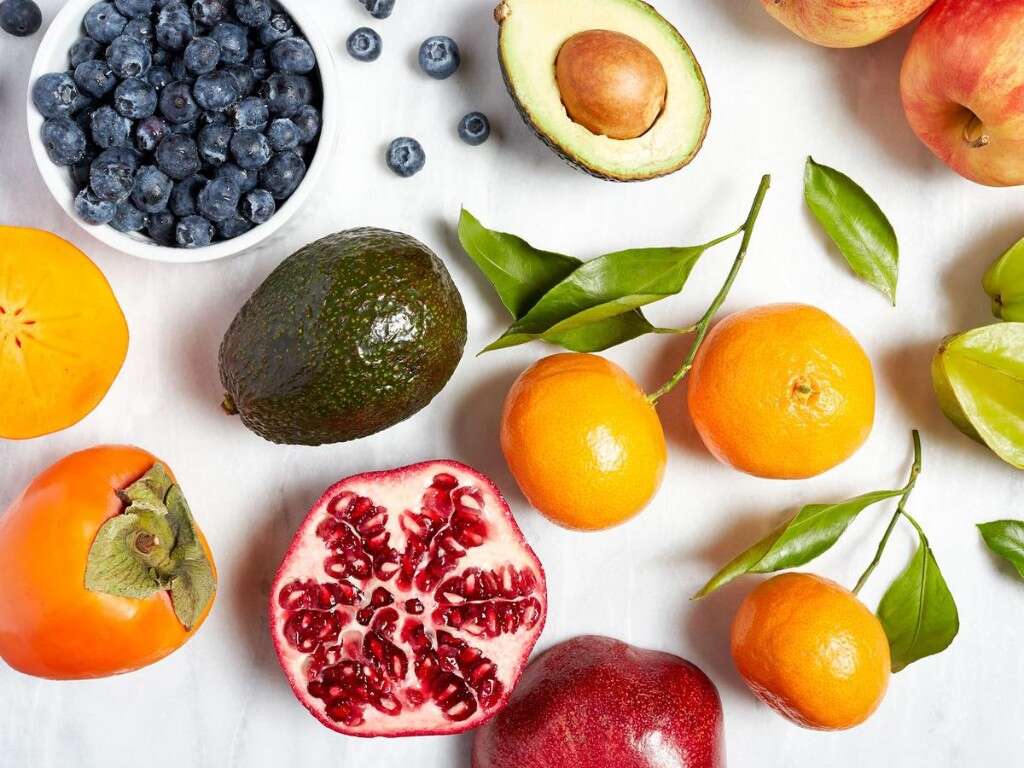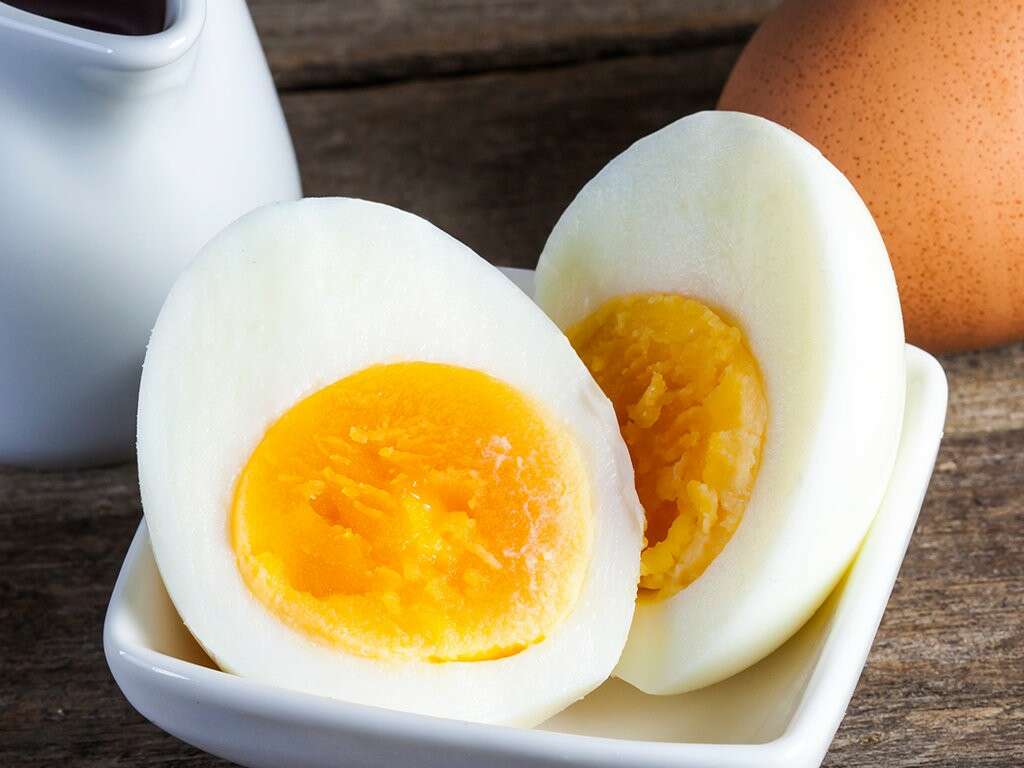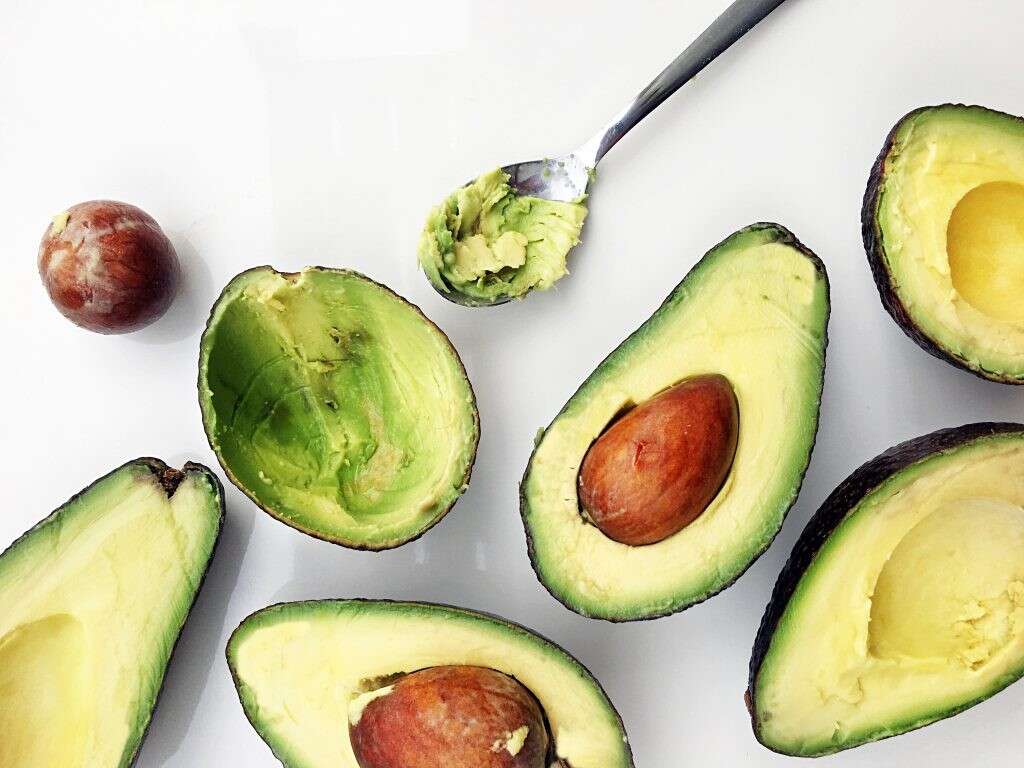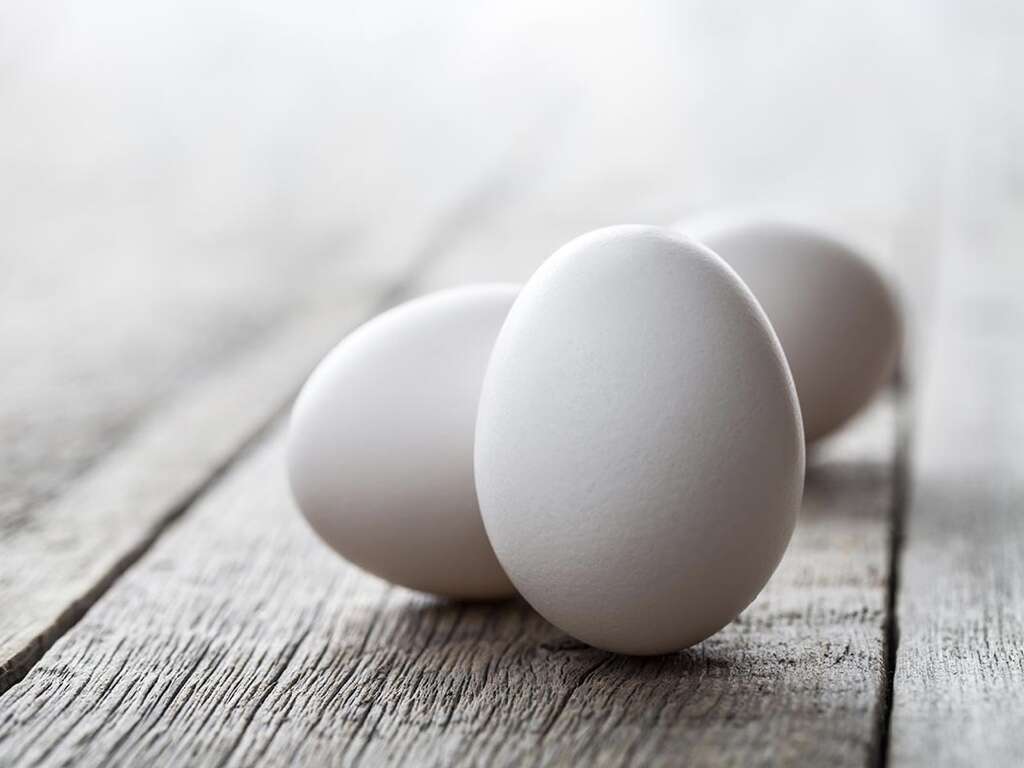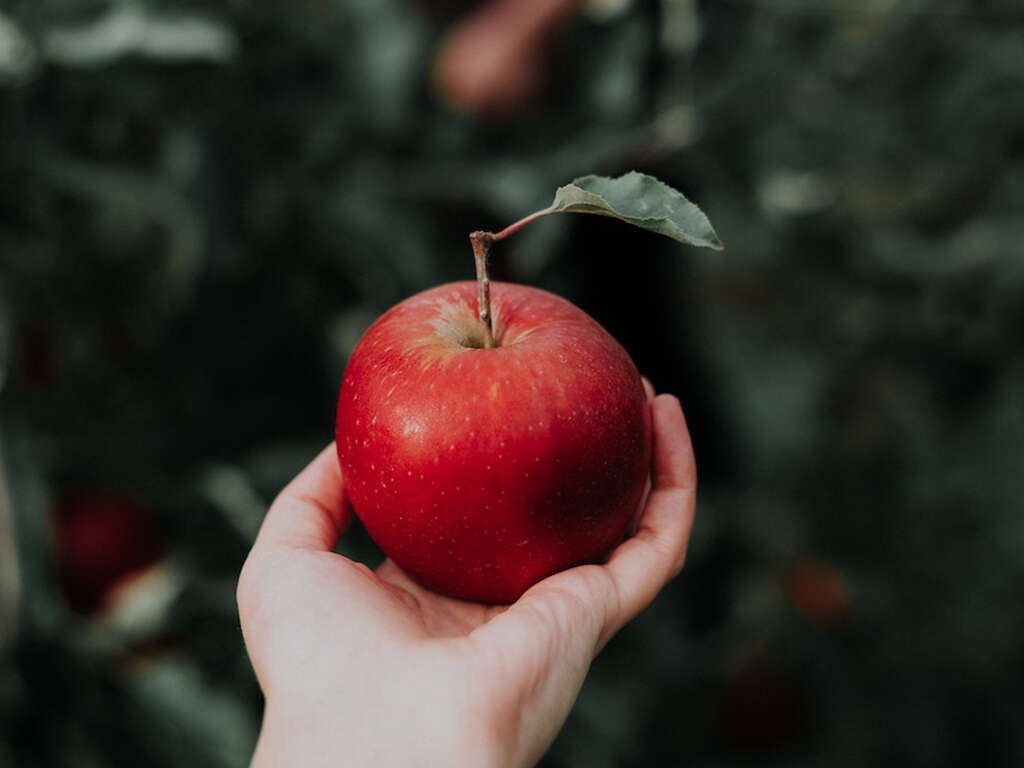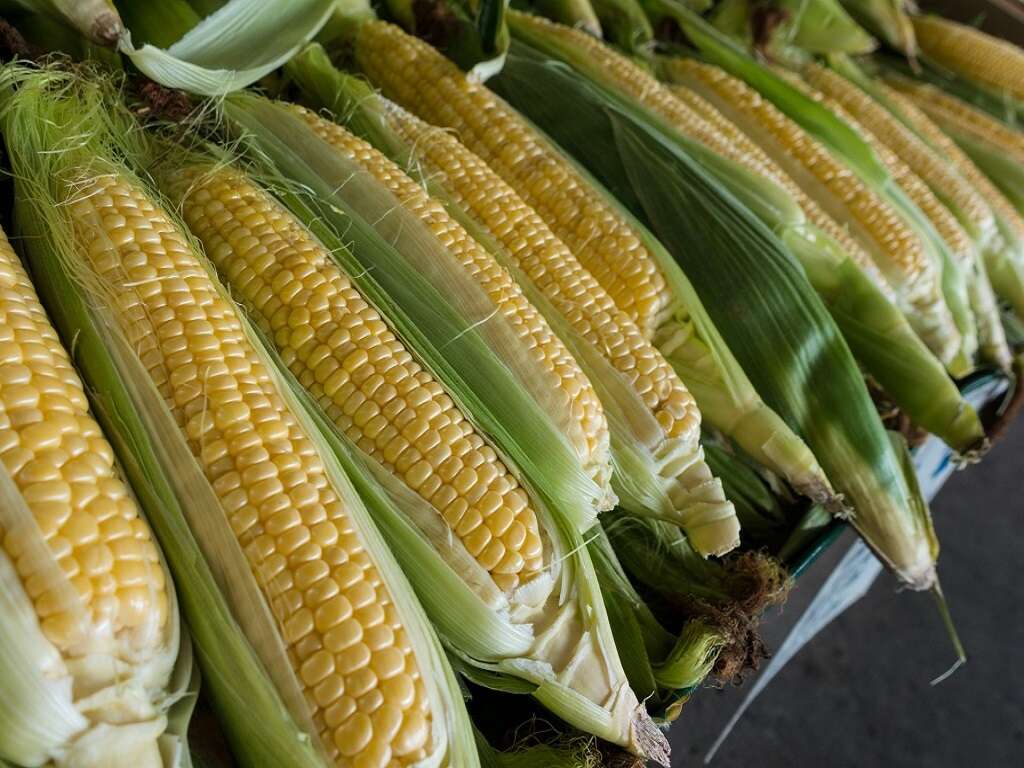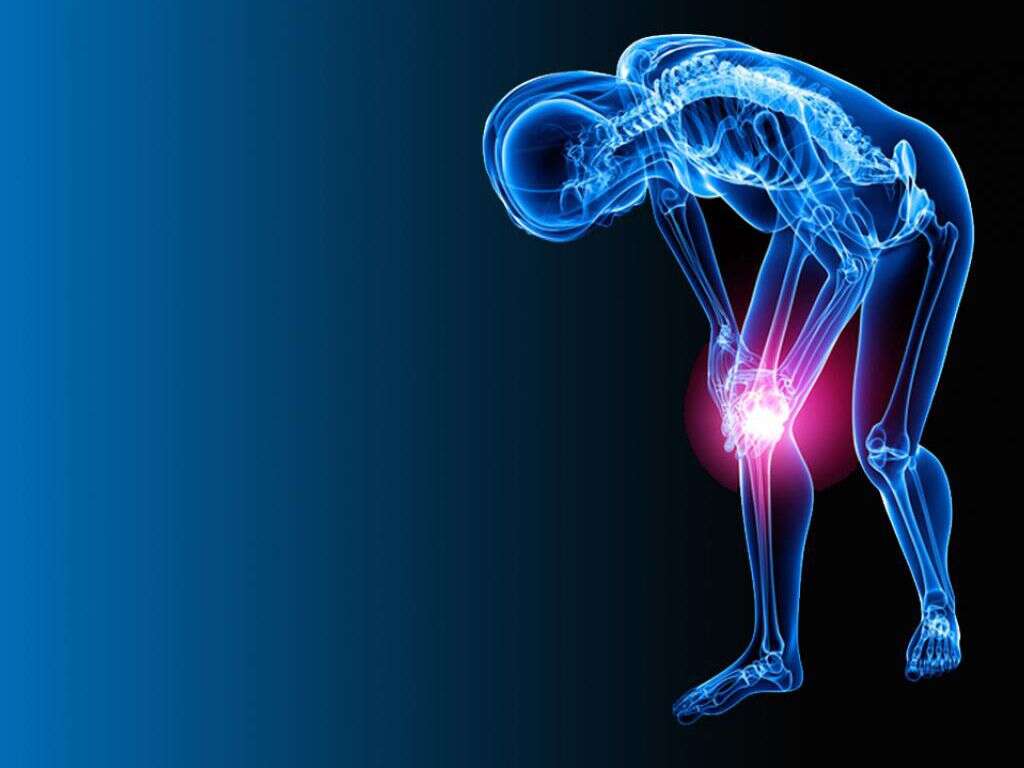10 Low Carb Vegetables
Vegetables are great foods that should be incorporated into everyone’s diets. Vegetables in general are typically low carbohydrate, low in calorie, and high in fiber, which can really help not only with weight loss but with providing our bodies with numerous cancer-fighting antioxidants and nutrients that help our bodies function.
The rule of thumb for vegetables and carbohydrates is quite simple and easy to remember. Vegetables that grow above ground are lower in carbohydrates then vegetables that grow below—known as “root vegetables,” which include potatoes, carrots, and parsnip.
In addition, low carb vegetables are those with leaves such as spinach and lettuce. Green vegetables tend to be lower in carbs then colored ones. For instance, green cabbage and green bell peppers are lower in carbs then their counterparts.
Vegetable #1: Mushrooms
Mushrooms are very low in carbohydrates. In one cup of raw white mushrooms, one can expect to consume just 2 carbohydrates, 1 of which is from fiber.
Mushrooms are great because they can be incorporated into meal dishes very easily. In addition, they also contain numerous health benefits. Mushrooms have been linked to having anti-inflammatory properties. For instance, one study found that when men clinically diagnosed with metabolic syndrome consumed white mushrooms for 16 weeks, significant improvements in antioxidants and anti-inflammatory markers were evaluated. One specific biomarker that was evaluated was blood pressure. The participant’s blood pressure significantly decreased.
Vegetable #2: Zucchini
Zucchinis are part of the summer squash family and, in comparison to winter squash, zucchini is very low in carbohydrates. One cup of raw zucchini contains 4 grams of carbohydrates, 1 of which comes from fiber.
In addition to its low carbohydrate amount, zucchinis are high in vitamin C. Just one cup provides 35% of the recommended amount of vitamin C. In addition, due to its fiber content, it can help you feel full for longer and prevent those urges to mindlessly snack in between meals. Moreover, fiber helps with constipation, lowers cholesterol, and fights diabetes. All these benefits make zucchini a powerhouse!
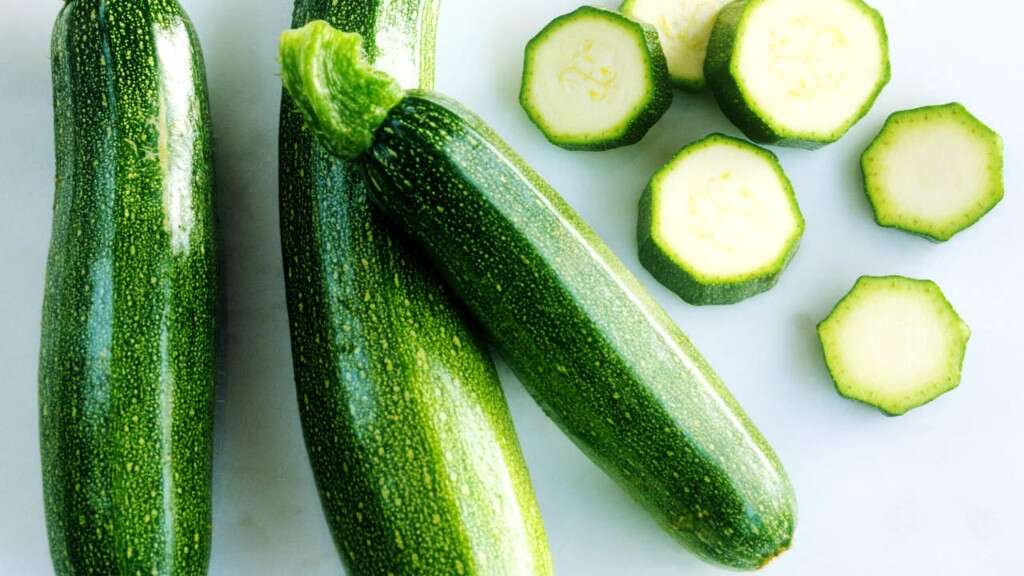
Vegetable #3: Avocados
Not only are avocados low in carbohydrate, they are high in healthy fats. Two tablespoons of avocado yields only 2 grams of carbohydrates. Technically, avocados are considered fruits, however it is eaten as a vegetable.
Avocados are rich in oleic acid. Oleic acid is a monounsaturated fat that has been shown to lower cholesterol levels and triglycerides. And although avocados are high in calories, some studies suggest they are great for weight management and weight loss. In one study, overweight participants consumed half an avocado for lunch. Participants reported feeling more satisfied and had less desire to eat over the next five hours.
Vegetable #4: Cauliflower
Cauliflower has become a huge trend over the past few years. From cauliflower pizza to cauliflower rice, the vegetable has become a great substitute to high calorie meals. One cup of raw cauliflower contains 5 grams of carbs, 3 of which are from fiber.
In addition to its low carbohydrate content, the vegetable is high in vitamin K and calcium. Vitamin K is crucial for proper blood clot formation and vitamin C is essential in collagen formation, absorption of iron, and a strong immune system. Moreover, cauliflower is a part of the cruciferous family, which has been linked to reducing the risk of heart disease and cancer.
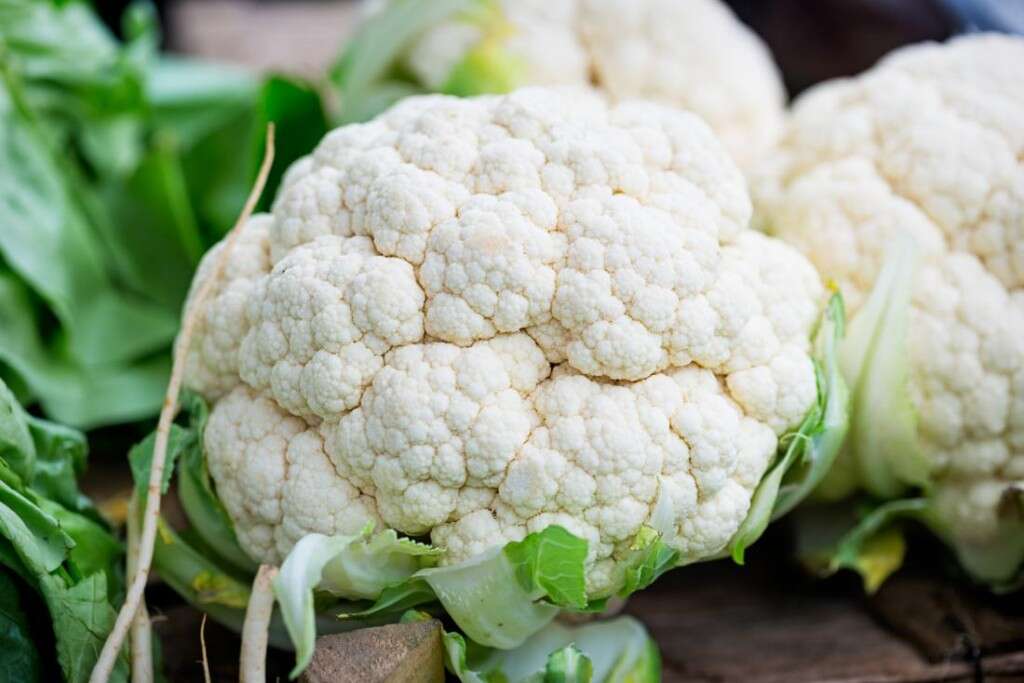
Vegetable #5: Spinach
Spinach contains some of the lowest amounts of carbohydrate. One cup of raw spinach contains 1 gram of carbohydrates. Most of these carbohydrates are from fiber. Spinach is also very low calorie. In one cup, there is only 7 calories. In addition, spinach can be added to almost any meal. From eggs to a healthy topping on pizza, spinach is a versatile vegetable that can easily be incorporated into any meal.
In addition, spinach is extremely nutrient rich. One extreme benefit of spinach is it is an excellent source of iron. This is especially important for vegetarians and vegans who may have trouble incorporating iron into their non-meat diets.
Vegetable #6: Bell Peppers
Bell peppers are a great vegetable that are also low in carbohydrates. One cup of chopped red bell pepper contains 9 grams of carbohydrates. Three of which come from fiber. Green bell peppers are even lower in carbohydrates. One cup of green bell pepper yields 7 grams, with 2.5 coming from fiber.
Bell peppers have been linked to reducing inflammation in the body, decreasing cancer risk, and fighting off high cholesterol levels. This effect is believed to be connected to its high vitamin A content—just one cup gives 93% of the RDA, and 317% of the RDA for vitamin C. Thus, not only is it low carb, low calorie, it also has a very well-rounded nutrient profile.
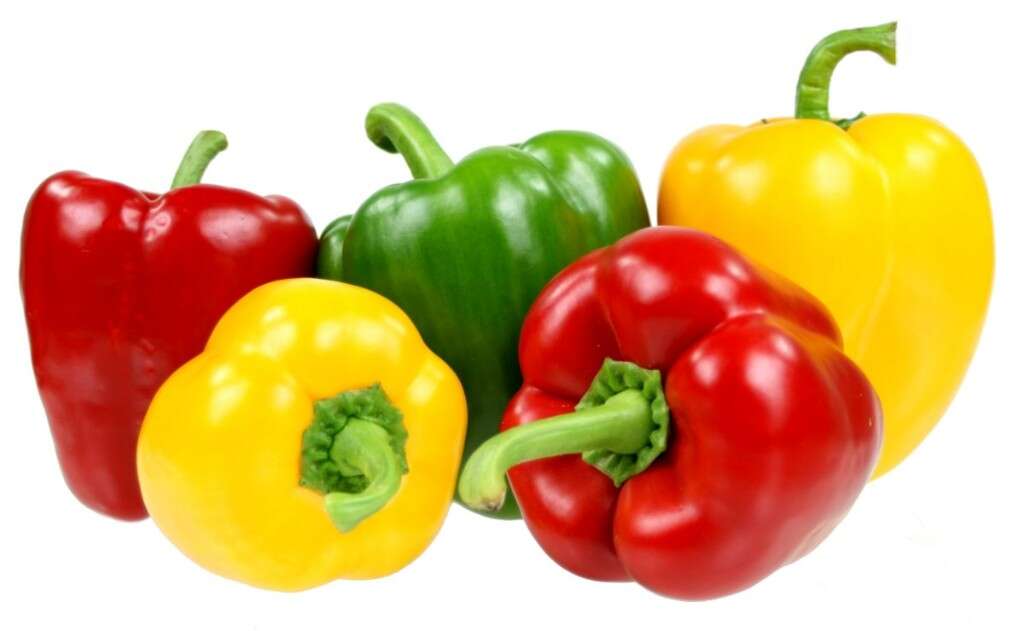
Vegetable #7: Asparagus
Asparagus may not be everyone’s favorite vegetable, but it has some serious health benefits. One cup of cooked asparagus has 8 grams of carbohydrates, 4 of which come from fiber.
Asparagus is also a nutrient powerhouse. Asparagus is a very good source of fiber, folate, vitamins A, C, E, and K, as well as chromium, a trace mineral that enhances the ability of insulin to transport glucose from the bloodstream into cells. With diabetes and chronic disease on the rise, it is important for everyone to watch their blood sugar levels.
Vegetable #8: Cucumbers
Cucumbers are very low in carbohydrates. One cup of chopped cucumbers contains 4 grams of carbohydrates, with 1 gram coming from fiber. Cucumbers are filled with water, which is why they not only make us feel refreshed and rejuvenated, but are also so low in calories. Cucumbers are also great because they pair well with several different spreads. For instance, peanut butter, ranch, or hummus.
When it comes to minerals and vitamins, cucumbers do not contain as many in comparison to other vegetables. However, cucumbers have a compound called cucurbitacin E, which has been linked to having many positive nutritional benefits.
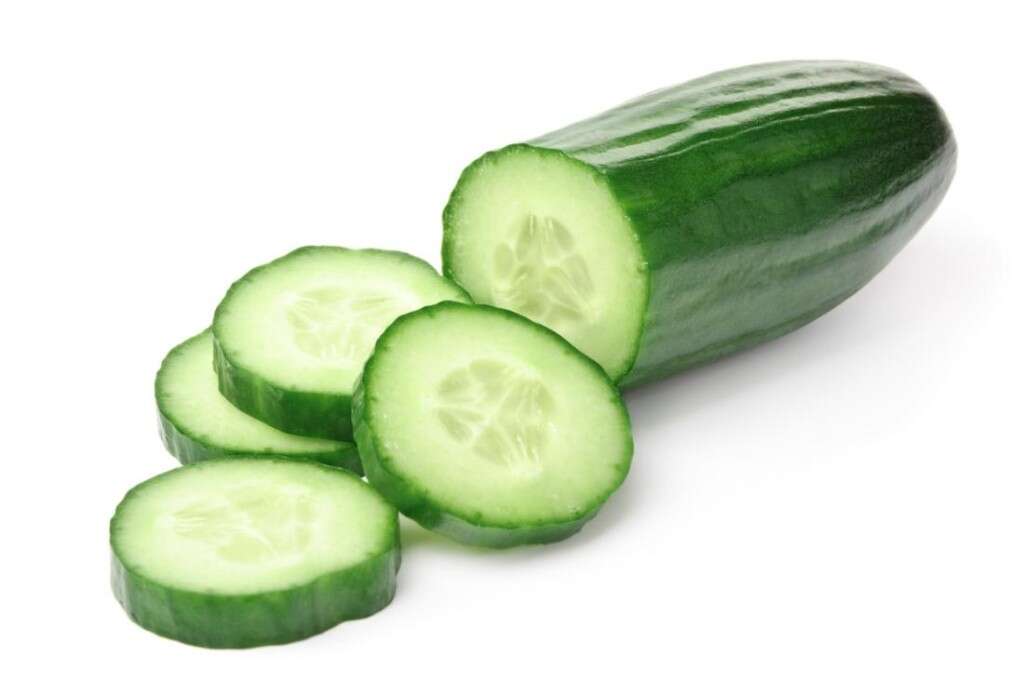
Vegetable #9: Broccoli
Though many of us may have hated broccoli as children, as adults we probably have come to realization that broccoli is a superfood. Broccoli is a member of the cruciferous family. Some of its relatives include kale, Brussel sprouts, radishes, and cabbage.
Broccoli is not only low in carbohydrates, it also contains numerous other health benefits. One cup of raw broccoli contains 6 grams of carbs, 2 of which come from fiber. This one cup of broccoli also provides more than 100% of the RDI for vitamins C and K. Lastly, there have been quite a few studies linking broccoli to decreasing insulin resistance and decreasing blood pressure. This is beneficial in our society when chronic disease is one of the leading causes of death.
Vegetable #10: Green Beans
Green beans are a great low carbohydrate vegetable that can be easily incorporated into lunches or dinners. Sometimes referred to as snap beans or string beans, green beans are a part of the legume family. Other members of the legume family include beans and lentils. Green beans have some of the lowest carbohydrate amount in comparison to its relatives.
In one cup of cooked green beans, there are 10 grams of carbohydrates, 4 of which come from fiber. Green beans also have numerous health benefits. Numerous studies have linked the vegetable to having protective effects against cancer. This may be due to its high chlorophyll amount.



